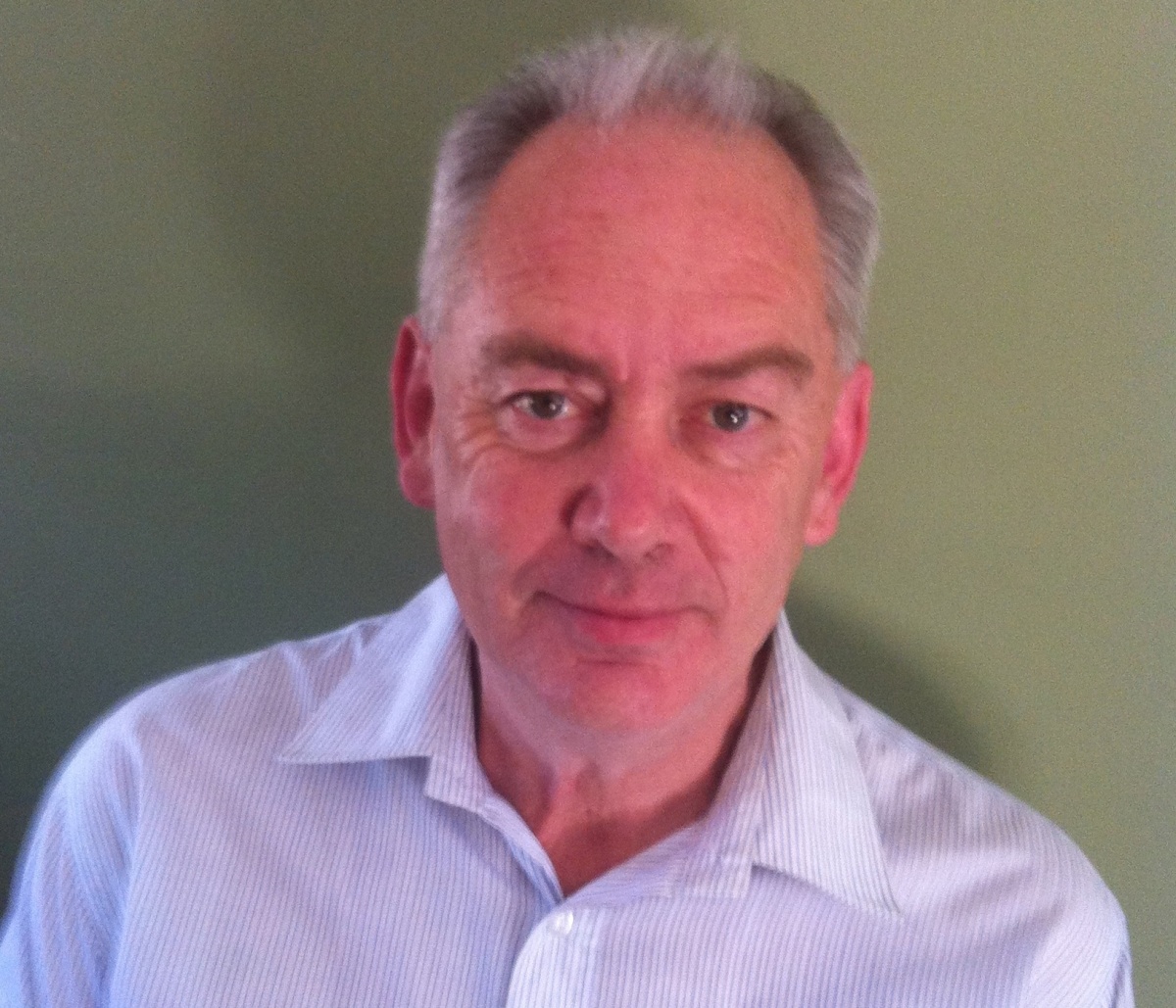How boomers will change the property market


The baby boomer generation is set to turn the retirement accommodation market on its head, challenging and changing the way society and governments think about how people live after they retire, say experts on housing and the ageing population.
Demographer Chris McNeill says longer life expectancy, sheer numbers and wealth of the baby boomer generation will change the shape of retirement living over the next two decades.
• City living for under $400k? You’re dreamin’
• Should you buy or rent a house? We ask an expert
• Looking for a house? Search nationwide here
“I suspect the baby boomers will turn the whole concept of retirement living on its head,” says Mr McNeill, who is a former policy advisor to the Victorian branch of the Urban Development Institute of Australia.
“Whereas the traditional image of a retiree has been one of frugality with a preference towards the great Australian road trip, winters in Queensland and, eventually – and often reluctantly – a retirement village, I suspect the Baby Boomer generation will be characterised by the vast range of paths taken.”
Diversification under way
He is not alone in that view. Harley Dale, chief economist at the Housing Industry Association, says the retirement housing market is already diversifying, with options extending beyond the traditional ‘retirement village’ environment.
Mr Dale says retirees and baby boomers approaching retirement are looking to maintain an independent lifestyle for as long as possible, and that means shunning the group living for lifestyle options.
They are also aiming to maximise their post-retirement financial set-up. He says this may mean some will sell their current residence and move to an inner city pad, coastal or bush retreat. Others may subdivide their existing family property and build two or three new homes/units on it – one for themselves and the others for their children or for investment purposes.
“The retirement market is wide and varied and set to become more so as those in what you would loosely call Australia’s retirement age cohorts grow in numbers disproportionate to the working age population,’’ Mr Dale says.
Retirement boom times
With the number of people reaching retirement age in 2023 expected to be 14 per cent higher than it is today, Mr Dale says the mix of existing and future retirees will demand a broader range of housing options.
“I’m not convinced politicians fully grasp the implications and challenges of this demand variation,” he says.
“It means a wide continuum of housing options needs to be on the table. Retirement villages, lifestyle communities for retirees, current homes modified to allow for a comfortable ageing in place for those who desire it, are just three starting examples,” he says.
“Baby boomers will turn the whole concept of retirement living on its head.”
Mr Dale says there is also a demand for sea-change living, tree-change living, and “no doubt other descriptions of housing preferences yet to be invented”.
“Some retirees will want to down size in their existing neighbourhood, but not the exact current location,” he says.
“Some, especially among the second cohort of Baby Boomers, may want to be closer to a city in an apartment, or in a one or two storey ‘walk-up’ apartment, for example. Some, possibly many, as the demands on super to adequately fund retirement grows, will want to knock down a detached house on a large block and build two or three smaller dwellings on the same site – one may or may not be for them.”
The HIA spokesman points out that retirees “will justifiably, feel they have a right” to consider taking up any of these housing choices and probably more, presenting a political challenge for governments.
 Choices, choices
Choices, choices
Chris McNeill says given the comparative wealth of many Baby Boomers there be more “glamorous lifestyle’’ on show than previous generations were able to enjoy.
“Of course, that’s not to gloss over the fact that a significant cohort will not have discretionary income in retirement,” he says. “For a great many, retirement will be all about watching expenditure closely, sometimes very closely.”
But Mr McNeill says that Baby Boomers will have “widely divergent” approaches to retirement living.
“Some will be determined to remain in the family home until they are carried out in a box, while others will move through a series of housing types from the detached family home, to the townhouse or unit, then to an independent living unit, to assisted care and finally to a full care facility,” he says.
“Others will leap from several stages in that housing cycle depending on health and other circumstances.”
Mr McNeill believes most retirees will probably remain in the area they’re familiar with to be near family, friends and “other less tangible things like the family doctor, pharmacist, coffee shop and so on”.
And finally, as a reaction to the ever-rising property prices, some might decide to hand the family home over to the next generation “subject to the provision of a unit ‘out the back’ or nearby”.
“In short, the decision will depend on the mindset of the individual concerned, their financial circumstances and proximity to range of things including family, friends, medical facilities and other points of familiarity.”
 This story was brought to you by The New Daily using data and other information from its real estate content partner, realestateVIEW.com.au
This story was brought to you by The New Daily using data and other information from its real estate content partner, realestateVIEW.com.au









